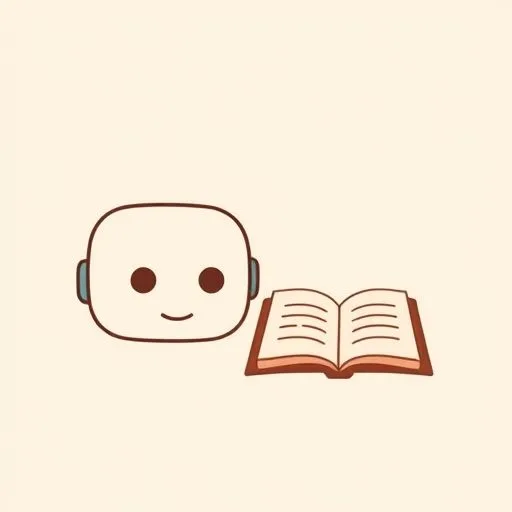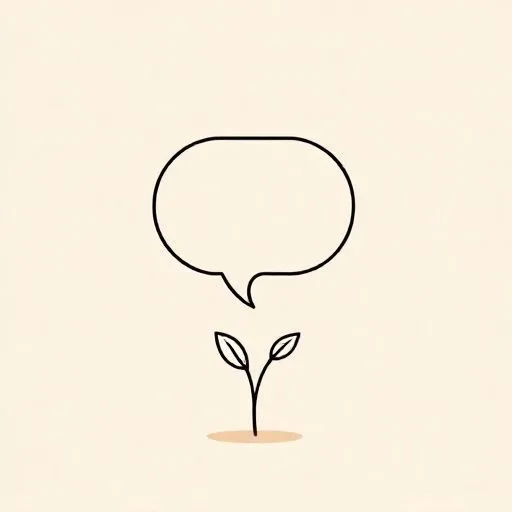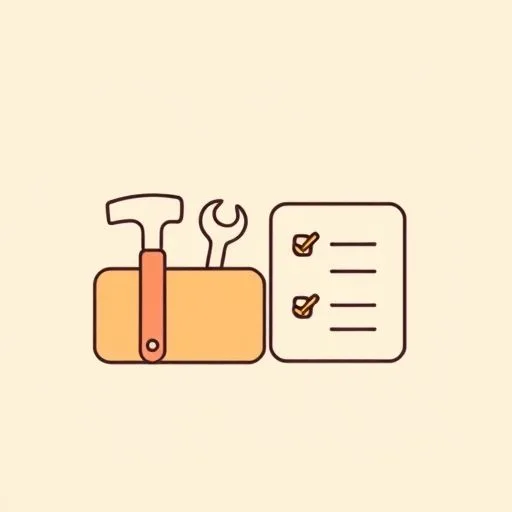
This morning, I walked my daughter the 100m to her classroom and thought, ‘If we can handle her jitters before show-and-tell, we can tackle an AI interview too.’ It reminded me that both situations—whether comforting a first-grader or facing a digital interviewer—require preparation and authentic communication. And with over 80% of companies using AI to review resumes and nearly a quarter implementing AI for interviews, this quiet revolution is reshaping how we connect with potential employers. The question isn’t whether AI interviews will become commonplace—but how you can prepare to stand out in this increasingly binary evaluation landscape.
Why is AI quietly shaking up how we hire?

You know, it still feels surreal seeing bots shortlist candidates—but here we are! What’s fascinating about AI integration in recruitment isn’t just the technology itself, but how rapidly it’s become normalized. Recent research reveals that when companies implement AI-led interview systems, they see a remarkable 12% increase in job offers, 18% boost in actual job starts, and 17% improvement in 30-day retention rates. In other words, these systems aren’t just efficient—they’re effective at matching candidates with roles where they’ll actually thrive and stay.
The adoption statistics paint an even clearer picture: more than 8 in 10 companies use AI to screen resumes, 40% deploy AI chatbots for candidate communication, and roughly a quarter now conduct interviews through AI systems. Yet despite these impressive numbers, there’s a fascinating tension—while studies show AI processes can improve outcomes, job candidates themselves remain skeptical. Research indicates only about 25% of applicants trust AI to evaluate them fairly, with over 60% reporting they’d prefer positions with human interviews. This gap between technological adoption and human acceptance creates both challenges and opportunities for professionals navigating today’s job market.
How Can You Navigate AI Interview Rooms When Bots Evaluate You?

AI interviews aren’t one-size-fits-all—they come in various flavors that evaluate candidates differently. Some systems analyze your facial expressions and word choice during video interviews, while others focus on text responses to situational questions. What makes these particularly interesting is their ability to capture details humans might miss: research shows AI-led interviews actually elicit more hiring-relevant information from applicants compared to traditional interviews. That’s why when the choice is offered, a striking 78% of applicants opt for an AI interviewer over a human recruiter.
The key is understanding what makes these systems tick. Unlike human recruiters who might miss important details amid fatigue or unconscious bias, AI systems evaluate consistency, specific keywords, and structured responses. They don’t get distracted by screen time ratio catchphrases but instead analyze technical competence closely. That’s why AI-assisted recruitment pipelines have shown significantly better results—54% of candidates from AI-assisted pipelines pass final human interviews compared to just 34% from traditional processes. These systems don’t just process applications; they’re increasingly becoming sophisticated filters that can identify higher-quality candidates before human involvement even begins.
How Does Your Unique Story Matter in AI Interviews?

Here’s where things get really interesting for job seekers. While AI systems excel at analyzing patterns and skills, they still can’t fully replicate the human ability to understand context, nuance, and cultural fit—the intangibles that make great teams. This creates an opportunity for savvy professionals who can weave their unique experiences and perspectives into responses that resonate beyond mere keyword matching.
Even in AI-heavy recruitment processes, the ultimate hiring decisions often remain human. The most successful applicants will be those who can satisfy both the AI’s technical requirements and the human evaluator’s need for authentic connection.
This dual reality means your preparation strategy needs to account for two types of evaluation—one focused on measurable skills and another on how well you might fit within a team’s dynamics.
Even more encouragingly, studies suggest AI interfaces can actually reduce anxiety for some applicants. When candidates aren’t being judged by another human, they often perform more naturally, allowing their true capabilities to shine through. This creates a potential win-win scenario where AI systems help candidates present their best selves while providing companies with more accurate talent assessments.
How Can AI Interviews Build Bridges Between Technology and Human Judgment?

The most forward-thinking companies are recognizing that neither pure AI nor entirely human processes represent the ideal hiring solution. Instead, they’re developing hybrid models that leverage AI’s efficiency while preserving human judgment’s contextual understanding. These systems often use AI for initial screening and skills assessment, then progress to human interviews when the candidate pool has been narrowed to the most promising prospects.
This integrated approach offers significant advantages for both employers and applicants. From a candidate perspective, you might first encounter an AI that evaluates your technical skills objectively before progressing to human interactions where you can demonstrate your personality and cultural fit. For employers, this creates a more efficient process that doesn’t sacrifice nuanced evaluation in the final hiring stages.
What’s emerging is essentially a new form of workplace collaboration—between human intuition and artificial intelligence. As these hybrid systems evolve, they promise to create hiring experiences that are simultaneously more efficient, fair, and human-centric than either approach would be independently.
What Tools Do You Need to Prepare for AI Interviews?

So how do you prepare for interviews where your conversation partner might have circuit boards instead of a pulse? Start by treating AI preparation like any other professional development—invest time and practice like you would learn new technical skills or improve communication abilities.
First, understand that AI systems typically look for consistency in responses, relevant keywords, and structured thinking. Research suggests practicing your answers aloud helps not only with delivery but also with organizing thoughts in ways that translate well to text-based or voice-activated AI systems. Consider using mock AI interview platforms that provide feedback on your responses. My daughter actually does something similar when she practices her English and Korean words with our home voice assistant—it’s amazing how these technologies can help with pronunciation, confidence, and clarity!
Second, recognize that while technology evolves, fundamental interview principles remain constant. Prepare concrete examples of your accomplishments, structure your responses clearly, and demonstrate how your skills solve specific problems. What changes is delivery format; what endures is substance.
So next time you face an AI interviewer, imagine you’re sharing a story with a listener who just wants to know the real you—just like I do when my daughter nervously tells me about her day. You’ve got this!
Source: AI-led job interviews, Biztoc, 2025/09/10
